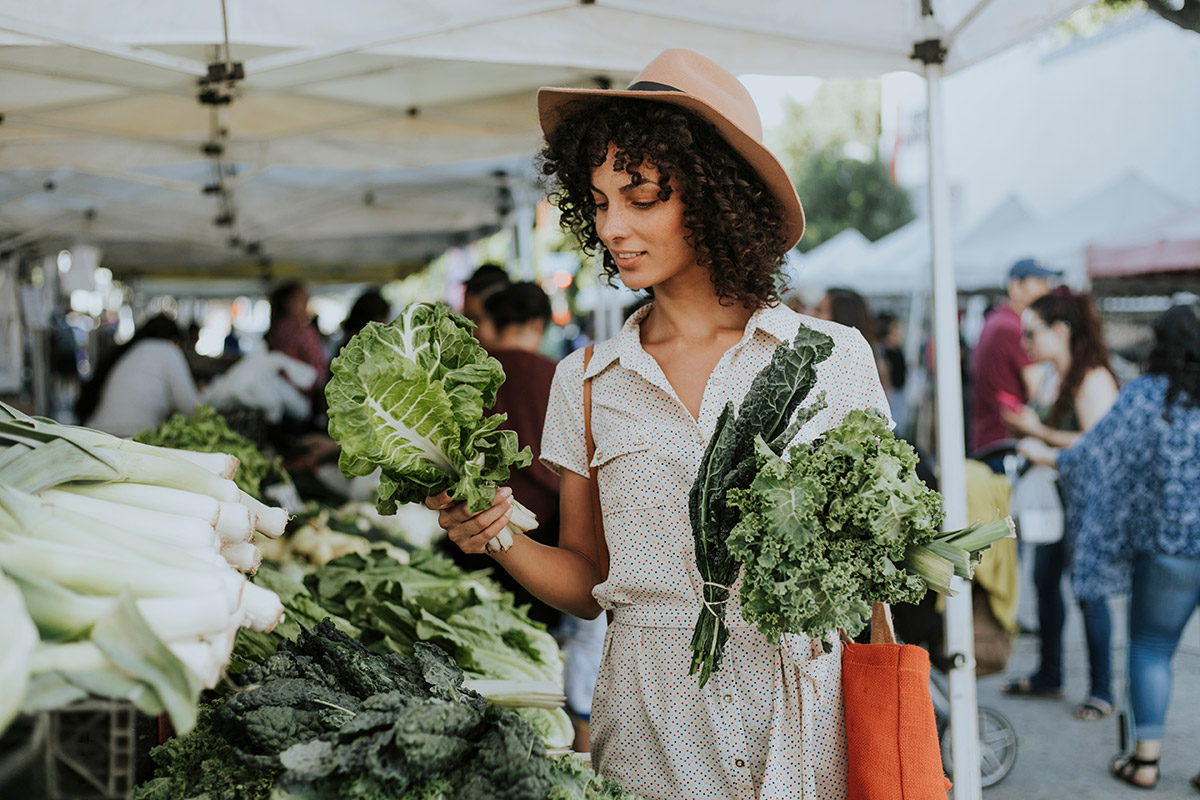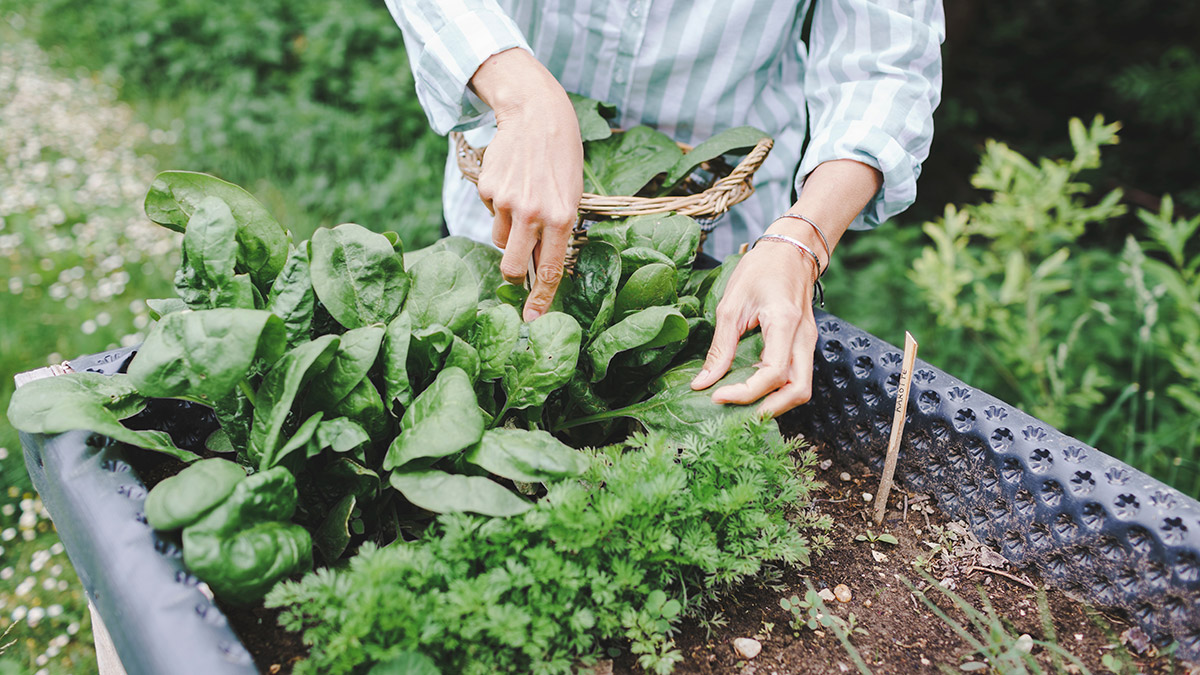How To Shop More Sustainably and Save Money at the Same Time

With the price of everyday essentials like groceries and bills rising at their fastest rate in 30 years, plenty of us are considering ways we can cut the cost of our everyday outgoings.
By and large, studies have found that sustainable versions of mainstream products like clothes, toiletries and cosmetics cost significantly more money, which is understandable when you take into account production factors like the price of eco-friendly raw materials and workers being paid fairly for their time and expertise.
If you’re on a tight budget and you’re concerned that the cost of living crisis might compromise your efforts to live sustainably, the good news is that there are many ways we can protect the planet and save money at the same time.
Shopping sustainably doesn’t have to cost the earth – on many fronts, reducing your individual impact on the environment is about consuming less and making more considered choices. Here are some easy ideas to get you started.
Buy what’s in season
As the seasons come and go across the planet, the weather changes and so too does the type of produce that grows. Food that’s travelled across the world to get to your plate has a much higher impact on the environment than goods grown in the UK. Out of season produce also tends to require more single-use packaging too.
Eating with the seasons is when you eat foods that are ready to harvest at the time you buy them. Fruits and vegetables are often cheaper and tastier if they’re bought in this way. If you’re not sure how to get started, eattheseasons.co.uk is a handy free resource that tells you exactly what to add to your shopping basket each month, to save money.
For instance, you’ll usually find that strawberries are at their cheapest in June, while root vegetables are cheaper in winter. If you have one, your local market is also a great place to pick up bargain fruit and vegetables.
Check your food waste
It’s estimated that the UK throws away around 9.5 million tonnes of food waste in a single year – even though 14.5 million people are living in food poverty.
If you’re regularly filling your bin with costly out-of-date food, lean into writing a weekly shopping list and cook up meals that can be frozen and consumed at a later date. This makes the food you buy go much further and reduces the chance of having to throw away anything unused.
Fresh fruit and veg that’s sitting unloved in your fridge can be frozen for a later date, although some varieties like sweet potatoes and tomatoes will lose their texture when frozen, so you’ll need to puree or stew them first. Learn to love your odds and ends too; you can use vegetable peelings to flavour homemade veg stock that can be used in soups, stews and chillies.
Grow your own
However big or small your garden is, growing your own vegetables means you can harvest fresh produce that’s grown as close to home as possible. You’ll also cut down on supermarket plastic waste at the same time, and reduce your consumption of pesticides that can be harmful to bee populations.
Growing vegetables from scratch also makes a limited budget go a long way, with a packet of seeds costing as little as 25p. Lettuce, green beans, peas and carrots are some of the easiest crops for a beginner green thumb to sow directly into garden soil and cultivate at home.
Commit to a second-hand month
Most of us are aware by now that fast fashion comes at a devastating cost to the planet: up to 8% of global CO2 emissions are caused by the textile industry, and it’s responsible for nearly 20% of wastewater.
The positive news is that you can still enjoy seasonal trends and shop sustainably at the same time. As fashion is circular, second hand marketplaces like Vinted, Depop and eBay are a great place to shop for one-of-a-kind items on a tight budget. In many cases, you can pick up a high-quality vintage piece that’s made to last, rather than ordering a poorly-made replica from a fast fashion brand.
If you struggle to know what’s in season, curated boutiques like Beyond Retro, Rokit and Retold are a great place to find inspiration.
Lots of people are swapping and sharing these days, and garment rental platforms are booming too, so before you blow your monthly budget on new clothes, look to see if you can borrow an item for a special event. Not only will you save some cash, but you’ll also free up wardrobe space too.




















